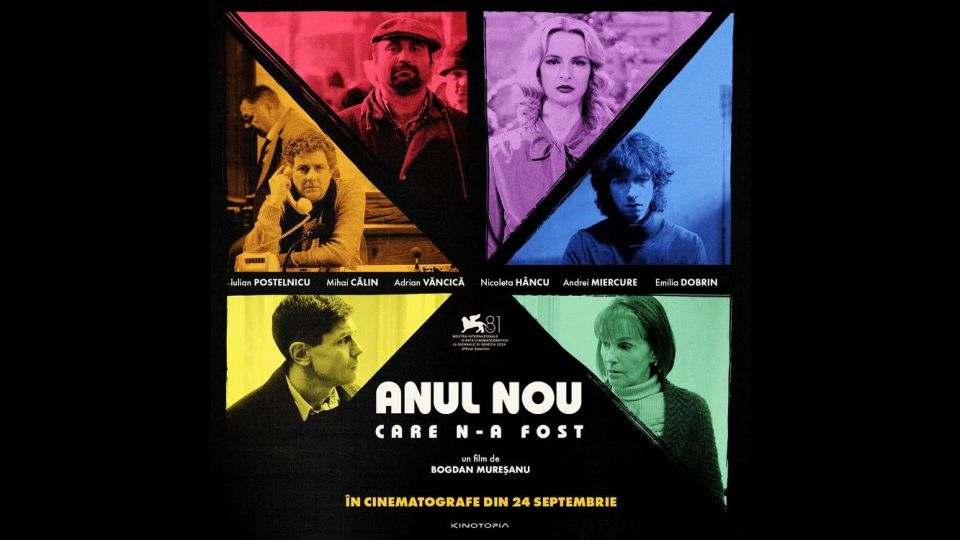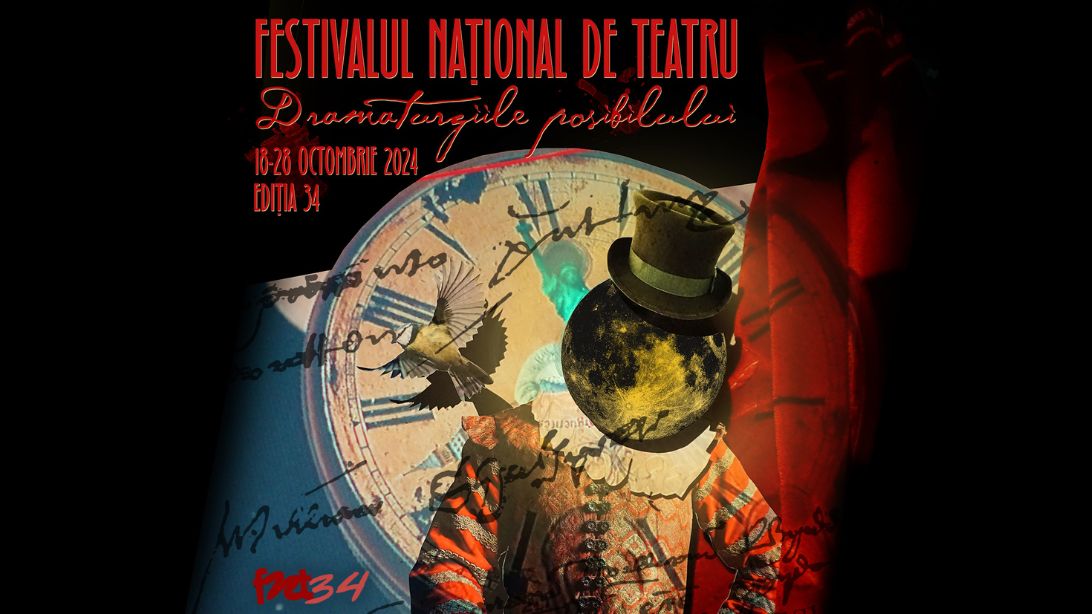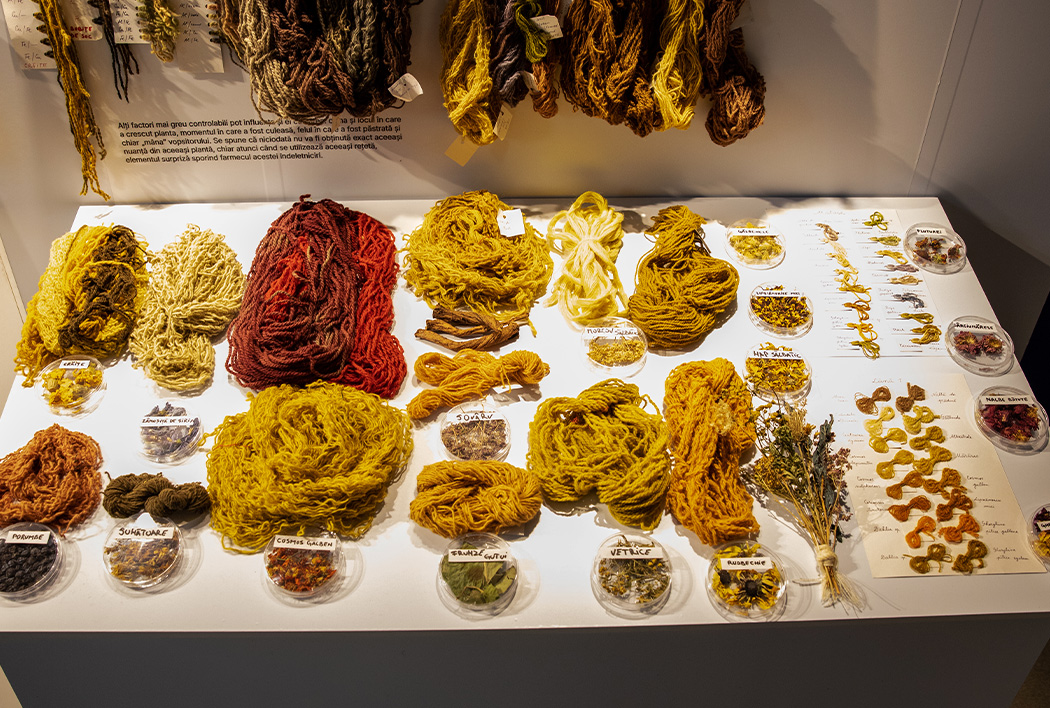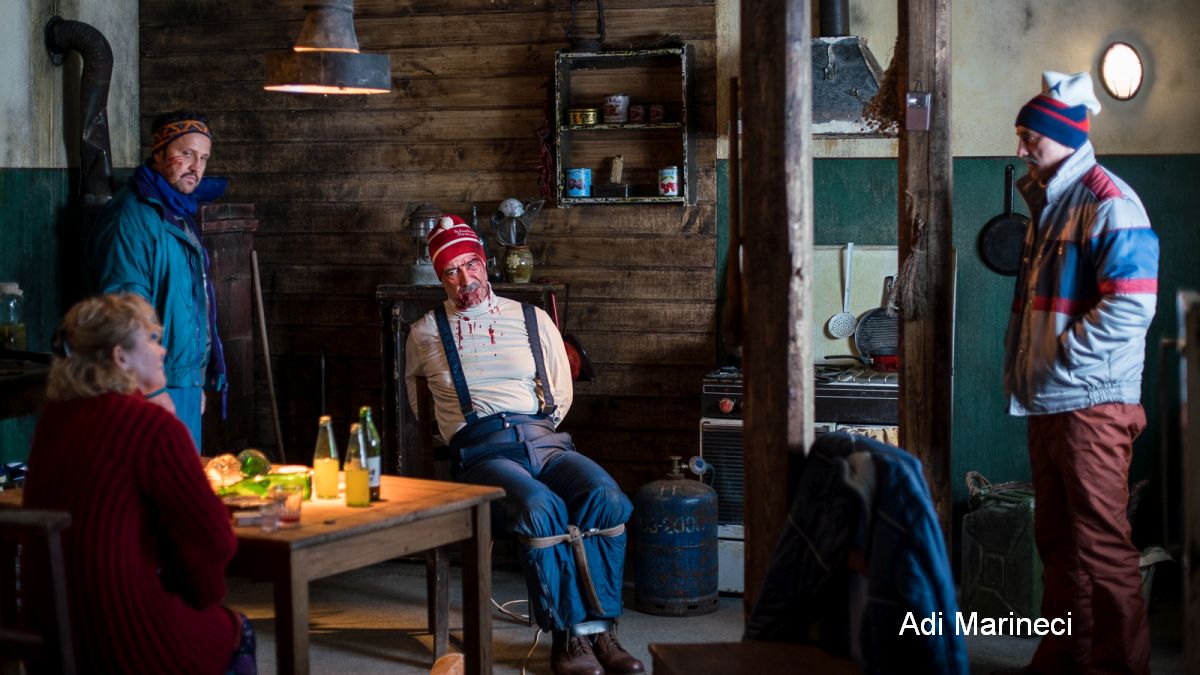The Association for the Development of Romanian Film
Starting in late 2020, The Association for the Development of Romanian Film (ADRF) became the representative for the Romanian film industry
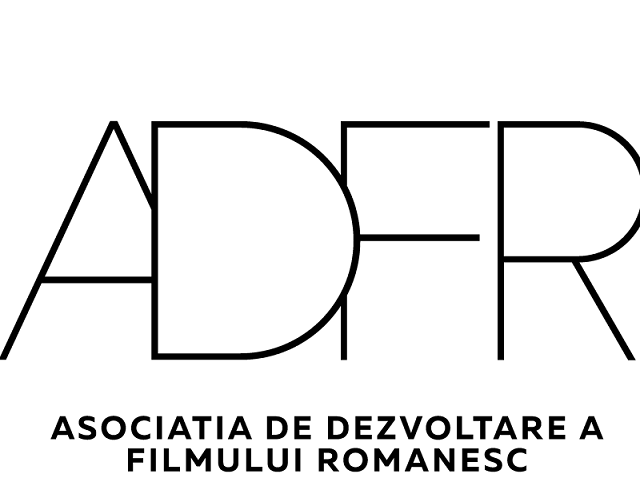
Corina Sabău, 08.05.2021, 13:08
Starting
in late 2020, The Association for the Development of Romanian Film
(ADRF) became the representative for the Romanian film industry, as
part of the European Film Promotion organization, the prestigious
organization that represents the European movie industries. After a
year of absence, Romania is once again present as part of the EFP,
becoming the 38th
member of the network, in order to represent and promote the Romanian
film industry at the European level. The ADRF was set up in early
2017, and is an NGO that supports production and distribution of
independent movies, and aims to develop a new community of filmmakers
and film consumers in Romania. ADRF publishes the bilingual online
magazine Films in Frame, and offers grants in exceptional situations,
aimed at independent filmmakers without resources.
Laura Musat, the
founder of The Association for the Development of Romanian Film, told
us:
We
set up this association in late 2016, shortly after I graduated from
the School of Film, Media & Performance in London. I made the
decision to set up the ADRF, mainly out of a personal need to cover
some gaps in the Romanian film industry, or at least help fill in
those gaps. We have many projects, but the most laudable is the Films
in Frame magazine, which you can find online. It is a daily magazine,
and I can say that I am proud of my team of some of the best film
journalists and critics: Ionut Mares, Victor Morozov, Georgiana
Musat, Flavia Dima, the list can go on. I am grateful to them for
trusting in the project, which we started from scratch, because the
magazine is just beginning, it was launched in October 2019. In Films
in Frame, we discuss all the major movies of the moment, we debate
European and independent cinema, and we have a variety of material,
we try to cover everything that happens. The magazine is also a means
of promoting Romanian film, as well as independent film worldwide,
trying to reach as wide an audience as possible, which we hope we can
persuade to go to a cinema and see a movie that is not an American
blockbuster.
The
Script Contest is the first ADRF project, and was launched in late
2016 as a short film script competition. With each edition, the
competition grew, turning into a workshop and residency for writers
of short film scripts. This year, enlisting was between March 1 and
April 24. Here is Laura Musat:
The
purpose of the residencies is to find writers and to teach them how
to write and develop their talent. Here, in Romania, it is well known
that the most famous directors write their own scripts. That is to be
admired, and some of them are really good. But when writing one’s own
script is mostly a matter of pride, I think it is preferable to call
on a scriptwriter. However, there are so few of them. Because most
directors write their own scripts, I think writers are discouraged,
they don’t know how to break through in this small film industry. Our
purpose with The Script Contest is to find the best writers. During
this residency, which lasts for a week, the people who are selected
get to meet various filmmakers in the industry, which guide them and
provide them with feedback, reaching a satisfactory formula, and at
the end we pick a winner. The best script is then made into a short
film. The residency means seven days of workshops, masterclasses,
debates, and discussions about the scripts, which during this period
are rewritten based on all information received there. The residency
is in Brasov County, in the village of Cobor, where there is no phone
signal, far away from the bustle of the city, where you can focus and
work in peace on your project. At the end of the residency, the
competitors send their rewritten scripts to the jury, which picks a
winner. The Script Contest residency took place last year as well.
Together with our colleagues from the Transylvania International Film
Festival, we managed to carry the projects through to the end, in
conditions of maximum safety. Initially, the residency was supposed
to happen in March, but we moved it to August for safety reasons.

